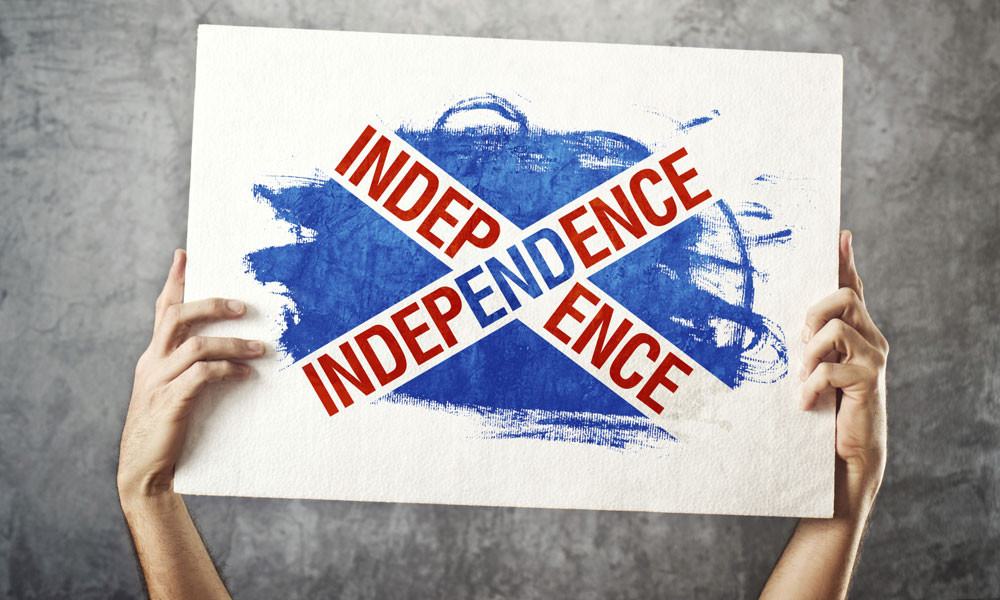
What Scottish Independence Could Mean for Its National Drink
The Scotch Whisky Association is outlining some of the possible effects—largely to do with trade—that an independent Scotland could have on the industry.
It’s just days before the planned vote on Scottish independence on September 18, and concerns are rising about the possible effects independence may have on the Scotch whisky industry.
Currency and trade concerns appear to be top of mind for the Scotch Whisky Association, according to various news reports, as it is still uncertain what currency an independent Scotland would use as well as what its access to foreign markets would look like.
“The implications are huge,” David Frost, SWA chief executive, said in a position statement back in May. “This industry is in a special position in this debate. We can make Scotch whisky only in Scotland, and our brands are indissolubly linked with it. Thirty-five thousand jobs depend on the industry.”
Exports of the drink also generated roughly £4.3 billion last year for the United Kingdom, according to SWA, which reported several victories earlier this year in its fight to stop overseas distillers from selling imitation scotch.
It’s been reported that should Scotland secede from the United Kingdom, the newly independent country would not be able to use the U.K.’s currency. This could impact Scotch exports, supply chain management, pricing, and competitiveness, Frost said.
The Scotch trade may also be negatively impacted as a result of fewer international ties. An independent Scotland plans to open about 70 to 90 consulates and embassies around the world, which accounts for only half of the 200 countries where Scotch is currently exported. There’s also the question of whether Scotland would have membership in the European Union.
“Even a temporary interruption of EU membership involving exclusion from the single market or the customs union, if this were a consequence of independence, would be damaging and difficult to manage,” Frost said.
No matter the outcome on Thursday, SWA said it will work with the resulting government in the best interests of the industry.
“Whatever the result on September 18, we are committed to working with the government in the future to deliver sustainable economic growth—either helping to shape the policy regime for an independent Scotland or engaging in the debate about further devolution,” Frost said. “That is what the people of Scotland would expect.”
(iStock/Thinkstock)






Comments